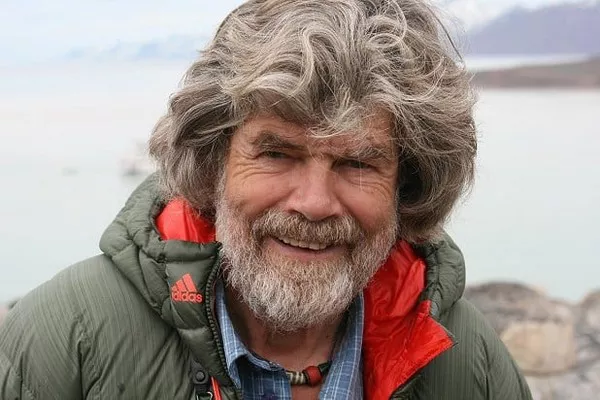In the realm of mountain climbing, where every ascent is a testament to human resilience and determination, the title of the world’s best climber is a subject of much debate and admiration. From the icy peaks of the Himalayas to the sheer cliffs of Yosemite, climbers push the boundaries of what is physically and mentally possible. In this article, we delve into the world of elite climbers, exploring their achievements, climbing styles, notable expeditions, and the inspiration they provide to climbers around the globe.
Biographical Sketch:
At the forefront of any discussion about the world’s best climbers is the legendary figure of Reinhold Messner. Born in Italy in 1944, Messner’s passion for climbing ignited at a young age amidst the breathtaking peaks of the Dolomites. His relentless pursuit of the world’s highest summits led him to become the first person to ascend all fourteen of the world’s 8,000-meter peaks without supplemental oxygen, a feat that remains unparalleled in the annals of mountaineering history.
Messner’s audacious climbs, marked by a minimalist approach and unwavering determination, have cemented his status as a pioneer in the sport. His solo ascent of Mount Everest in 1980, a daring endeavor that defied conventional wisdom, stands as a testament to his unparalleled skill and courage.
Notable Climbs and Expeditions:
Among Messner’s many remarkable achievements, his ascent of Nanga Parbat’s Rupal Face in 1970 stands out as a defining moment in the history of mountaineering. Widely regarded as one of the most challenging climbs in the world, the Rupal Face posed formidable obstacles, including treacherous avalanches and sheer rock walls. Messner’s successful ascent of this formidable route solidified his reputation as a fearless and visionary climber.
In addition to his Himalayan conquests, Messner’s pioneering spirit led him to explore new frontiers in mountaineering. His solo climb of the South Face of Lhotse in 1986 demonstrated his mastery of alpine-style climbing, a discipline that prioritizes speed, efficiency, and self-reliance in the mountains.
Climbing Styles and Disciplines:
One of the defining aspects of Messner’s climbing career is his embrace of alpine-style climbing, a minimalist approach that eschews fixed ropes and supplemental oxygen in favor of self-sufficiency and adaptability. This ethos, characterized by its emphasis on speed and lightness, has revolutionized the way climbers approach high-altitude ascents.
In contrast to the siege-style tactics employed by many climbers, alpine-style climbers like Messner prioritize fluidity and flexibility, allowing them to move quickly and efficiently through challenging terrain. This approach, while inherently risky, enables climbers to tackle ambitious objectives with a greater degree of freedom and autonomy.
Ranking Systems and Limitations:
While it is tempting to quantify the achievements of climbers based on objective metrics such as peak elevation or number of summits, the reality is that assessing the “best” climber is a subjective endeavor. Ranking systems, whether based on peak bagging or technical difficulty, often fail to capture the full spectrum of what makes a climber truly exceptional.
Indeed, the essence of mountaineering lies not in the attainment of lofty goals, but in the spirit of adventure and exploration that drives climbers to seek out new challenges. As Messner himself once remarked, “The summit is just a halfway point,” reminding us that true fulfillment comes not from reaching the top, but from the journey itself.
Inspirational Stories and Quotes:
The story of Reinhold Messner serves as a source of inspiration for climbers around the world, a testament to the indomitable human spirit and our capacity to overcome seemingly insurmountable obstacles. His words, infused with wisdom born of experience, offer guidance to aspiring climbers seeking to follow in his footsteps.
In the words of Messner, “Mountains are not stadiums where I satisfy my ambition to achieve, they are the cathedrals where I practice my religion.” These profound words encapsulate the profound connection that climbers feel to the natural world, a bond forged through sweat, tears, and triumph.
Conclusion
As we reflect on the remarkable career of Reinhold Messner, we are reminded of the transformative power of mountaineering to inspire, challenge, and unite us in our shared pursuit of adventure. His legacy serves as a beacon of hope for future generations of climbers, a reminder that the mountains will always call to those brave enough to answer.
In the end, the title of the world’s best climber may remain elusive, but the spirit of exploration and discovery that drives climbers like Messner will endure for generations to come. In the words of the legendary climber himself, “The greatest danger in life is not taking the adventure.”

